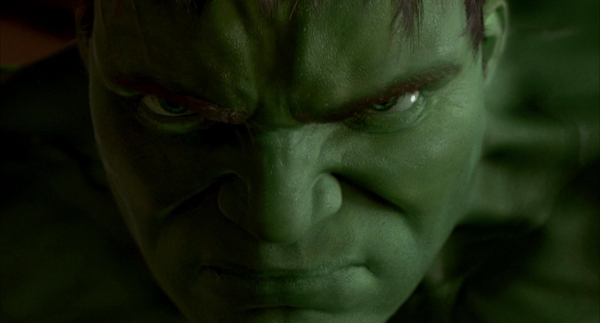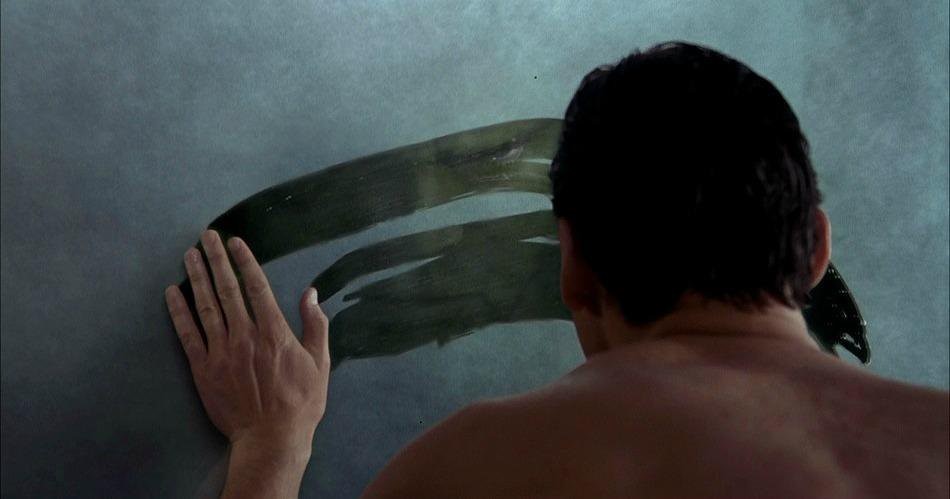Why Caves and Trans Allegories Will Get You Through 'The Matrix' Saga
What makes The Matrix saga fascinating is the symbolism of caves and trans allegories


Ang Lee’s Hulk was not given much praise by critics, and has become a forgotten Marvel movie compared to its highest-grossing movies, like Iron Man and Thor. While the movie had its flaws, Ang Lee gave a worthy interpretation of The Hulk. The Hulk is a manifestation that Bruce had been suppressing all his life. In fact, it was his suppressed childhood trauma that, had kept the Hulk at bay for all these years. When Bruce is exposed to gamma radiation, instead, of the radiation creating the Hulk, it only unleashed it. Stan Lee, the creator of Hulk, was inspired by the story of Dr. Jekyll and Mr. Hyde, a scientist, who meant to release his dark nature, so he wouldn’t be confined to his Victorian era. Ang Lee brilliantly represented Bruce Banner as Dr. Jekyll, the timid scientist, and Hulk as Mr. Hyde, the volatile persona, who causes destruction. Hulk emphasizes that, everyone has their demons that, we try to conceal from the people we love and from society, but when our demons are not dealt with, it’s only a matter of time before they begin to control us. After being exposed to the gamma, we can see through Bruce’s subconsciousness a door breaking, the door being a memory Bruce had kept hidden and also served as a containment for the Hulk. When the door is open, we see the Hulk waiting to be summoned. This interpretation of Marvel’s superhero is unlike any superhero movie, it illustrates realistically, so we can empathize with Bruce’s inner struggle against himself (The Hulk)

One aspect to keep in mind is that, Hulk is an origin story and makes the film character-driven, another superhero movie that is both origin and character-driven is Spider-Man (2002). The first part of the movie gives us insights into Bruce’s childhood as well as his father’s hidden agenda. In the opening sequence of the movie, Bruce’s father experiments on different species to create a regenerative immune system, when he tests the sample on himself, he learns he passed down his altered genes to Bruce. The film gives us hints of the Hulk inside Bruce as an infant, such as little bits of green skin, but we never see him hulk out in the beginning. Ang Lee wants to keep us in suspense about the green monster hiding inside Bruce, just like in Jaws, we don’t see the Hulk until the second half of the film. Unlike most superhero movies that are full of action sequences, Hulk leans to Bruce’s psyche; only in the second half of the film, do we see the Hulk fighting against the military, and swinging choppers left to right. In one of the scenes, Hulk is falling from the sky and drifts into his subconsciousness, where we see Bruce shaving in his bathroom. When he looks in the mirror he sees the Hulk as his reflection, the Hulk smashes the mirror, grabs Bruce, and calls him a “puny human” another example of Ange Lee’s metaphor of Bruce Banner’s inner demon and man v. self.

The ribbon to this movie is the relationship between Bruce and Betty Ross (Jennifer Connelly) it’s not as much of a love story, but they do have undeniable chemistry. Bruce and Betty were connected to each other before they met, Gen. Ross, Betty’s father (Sam Elliott), and Brian Banner (Nick Nolte/Paul Kersey) worked with each other, so Brian Banner could create super soldiers for the General. After Brian’s experiments were considered to be too dangerous, he exploded the military base. This explosion has left trauma for both Bruce and Betty, and now their fathers are keeping their children away from each other… talk about star-crossed lovers. The movie made Betty and Bruce old flames, and it works. It’s not the love story you see in typical superhero films where the hero gets the girl in the end, the audience wants them to be together, but they can’t because Bruce is constantly being tracked down by Betty’s father and has not yet learned to control the Hulk, so he’s always on the run. However, anger may be Bruce’s trigger into turning into the Hulk, but love is what brings him back. In the scene after the Hulk fights off mutated, hulk-dogs, Betty learns the Hulk and Bruce are one and the same. They share an intimate moment where for the first time we see the Hulk calming down, and transforming back into Bruce.

What got me excited when watching the film was listening to the epic soundtrack composed by none other than Danny Elfman. This isn’t Elfman’s first time working on a soundtrack for a superhero movie, he composed scores for Batman (1989) and Spider-Man (2002). If you’re a Spider-Man fan, you could actually hear the similarities between the film’s soundtrack with the Hulk’s. The Hulk soundtrack, created a mood of thriller and suspense, which makes sense because watching someone, battling against their past trauma plus, having an unstable mind, sounds more like a psycho-thriller, and that’s what differentiates Hulk from the rest of its Marvel movies.
Related lists created by the same author
What makes The Matrix saga fascinating is the symbolism of caves and trans allegories
Related Movie / TV / List / Topic
Marvin Gaye's powerful music addresses the same themes as "Da 5 Bloods" and elevates the film to even greater heights.